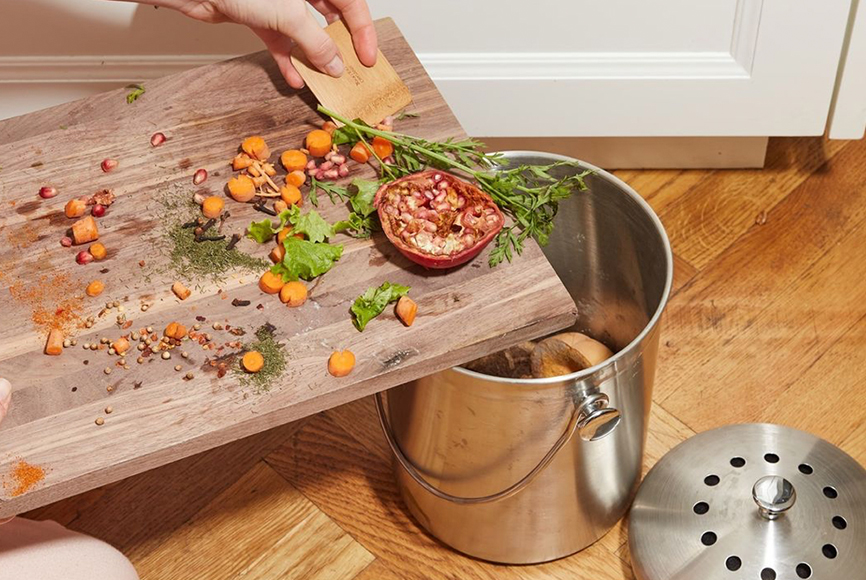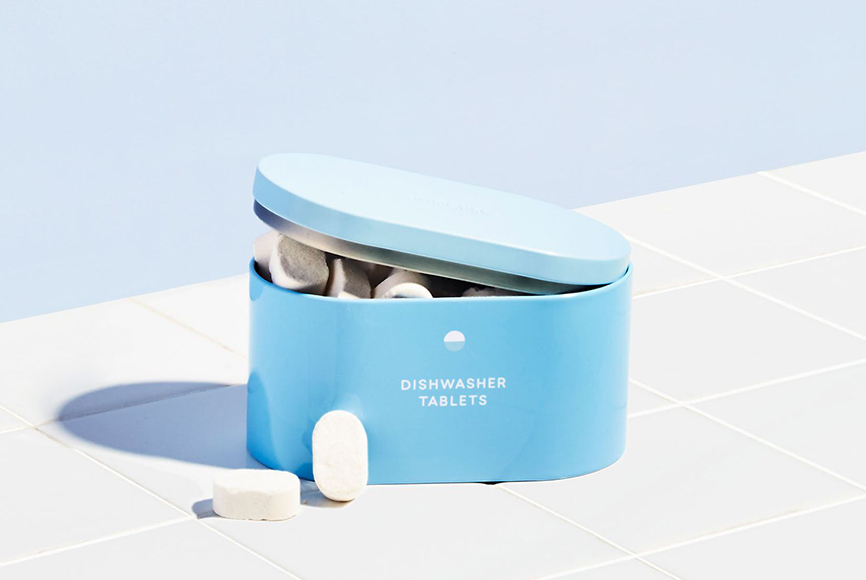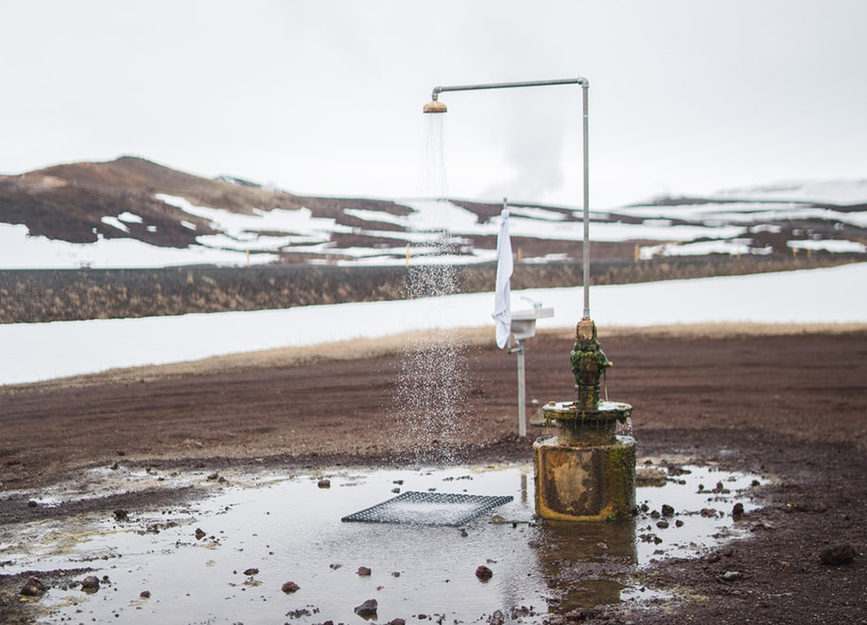

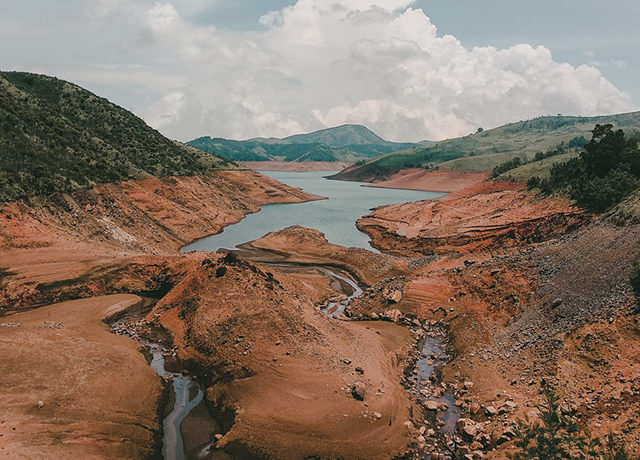

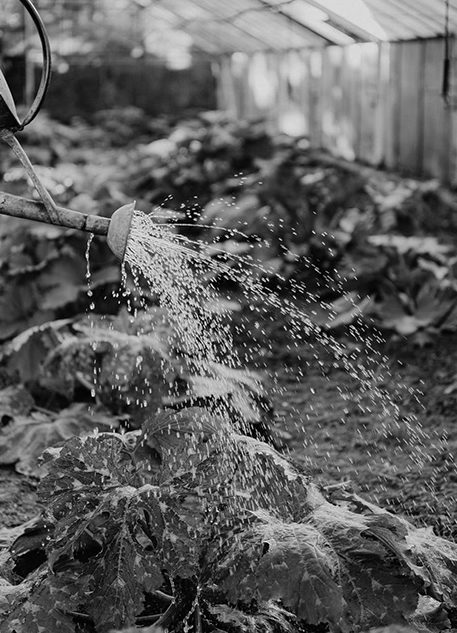

Environment
Helping Droughts: 12 Simple & Less Obvious Ways To Save Water
We at REV believe that climate action has to come from the top of course, but also that we can all take more steps towards helping to preserve our precious water sources in areas around the world. Even if it is raining where you are, worldwide it’s an increasingly dangerous phenomenon. So here we are looking forward to sharing with you some easy tips for saving water and making sure we are conscious with this precious commodity.
Drought is a hidden global crisis.
For the past 60 years, every decade has been hotter than the last, and 2020 is poised to be among the hottest years ever [source: New York Times]. In 2020, it was a record 125 degrees Fahrenheit in Baghdad in July, and 100 degrees above the Arctic Circle this June. Australia shattered its summer heat records as wildfires, fuelled by prolonged drought, turned the sky fever red. With all of this heat, we are seeing water shortages and drought begin to affect parts of the world we never thought would be so incredibly dry and susceptible to climate disasters like wildfires.
We at REV believe that climate action has to come from the top of course, but also that we can all take more steps towards helping to preserve our precious water sources in areas around the world. Even if it is raining where you are, worldwide it’s an increasingly dangerous phenomenon.
Drought is a hidden global crisis that risks becoming “the next pandemic” if countries do not take urgent action on water and land management and tackling the climate emergency, the UN has said.
At least 1.5 billion people have been directly affected by drought this century, and the economic cost over roughly that time has been estimated at $124bn (£89bn). The true cost is likely to be many times higher because such estimates do not include much of the impact in developing countries [source: The Guardian].
1. Shorten your showers and avoid leaving the tap running.
Keep your showers short and turn off your taps whilst brushing your teeth/doing the dishes/shaving. According to Home Water Works, the average American shower lasts for 7.8 minutes and uses 15.8 gallons of water. You can reduce this amount by taking shorter showers, taking showers less frequently, or washing your hair less frequently.
Refillable natural cosmetics complete with your daily reminder, Stop The Water While Using Me! have developed a wonderful range of climate neutral skin and body care using high-quality and 100% natural, biodegradable ingredients.
2. Limit your dirty laundry washing.
Save up on your dirty clothes and only wash them when your laundry is totally full. Also you can simply leave a lot of your knitwear out in the sun to clean them!
3. Catch your rainwater to use to water your plants and garden.
This one seems obvious but it is such a good tip for reducing water and saving money too. We think it is definitely worth investing in a rainwater butt that can live in your garden or terrace.
4. Reduce your food waste.
It takes a lot of water to produce our cereal, fruit and other food. More than half of the 7 million tonnes of food and drink UK households bin every year could be eaten. Wasting less food could save you £540 a year [source: Friends of the Earth].
If you need a little help with reducing food waste, check out OLIO, a free sharing app which allows users to share and donate unwanted food and other household items with neighbours. You will even find local gardeners looking for extra compost! Read some more of our hacks for making use of household waste here.
5. Start composting instead of using a garbage disposal.
Using a sink’s built-in garbage disposal to get rid of food scraps uses a lot more water than you might think. InSinkErator, a popular garbage disposal company, recommends running a steady stream of cool water when the disposal is running. Instead, compost your food scraps — not only will this reduce your water usage, but it will also help create nutrient-rich soil for your garden. Here’s our guide to starting a backyard compost [source: Green Matters].
In need of a home compost bin? We’d recommend Package Free Shop and Bamboozle.
6. Limit your meat and dairy and try to eat as locally and seasonally as possible.
Rearing animals for meat and dairy and harvesting crops like avocado at a large and unsustainable scale is incredibly water-intensive. By cutting down on meat and dairy and eating seasonal vegetables you’ll be helping to conserve water. You’ll also be helping to protect the climate. The meat and dairy industries are big contributors to global warming.
See our favourite inspirations for vegetarian and plant-based cooking here!
7. Avoid plant grass if you have water shortage.
Grass requires a considerable amount of water. You can instead grow plants that don’t need as much water.
8. Deep-soak your lawn and water during the cool parts of the day.
When you do water your lawn, water it long enough for water to seep down to the roots where it is needed. A light sprinkling that sits on the surface will simply evaporate and be wasted. Early morning is better than dusk since it helps prevent the growth of fungus.
9. Plant drought-resistant trees and plants.
Many beautiful trees and plants thrive without irrigation. More on this later!
10. Make sure your dishwasher is always entirely folly loaded!
Always remember to load your dishwasher to its full capacity. It will avoid multiple running cycles of the dishwasher and will save a lot of water. For eco dishwasher tablets, we use Blueland. These super effective tablets come in no plastic packaging and are free from petroleum, artificial dyes, and other nasties.
11. Optimise your cooking water.
Boiling some vegetables? Opt for steaming instead, which only requires an inch or two of water. Even better — if you’re cooking rice or pasta, steam vegetables in a basket over the pot! Cooking pasta? Use the smallest pot that will accommodate your noodles to ensure you don’t use more water than needed. Also, save some of the cooking water when you make pasta before draining it, and use the starchy water to bulk up sauces and soups.
12. Repurpose wastewater.
This includes all of your lightly-used water runoff from your bath, shower, or sink. Simply put a bucket in your sink or shower to collect extra water, or use a bucket to scoop up water before you drain the tub — then repurpose that water by watering plants, your lawn, or your car. You can also do this with that glass of water that goes stale on your nightstand every night.



















